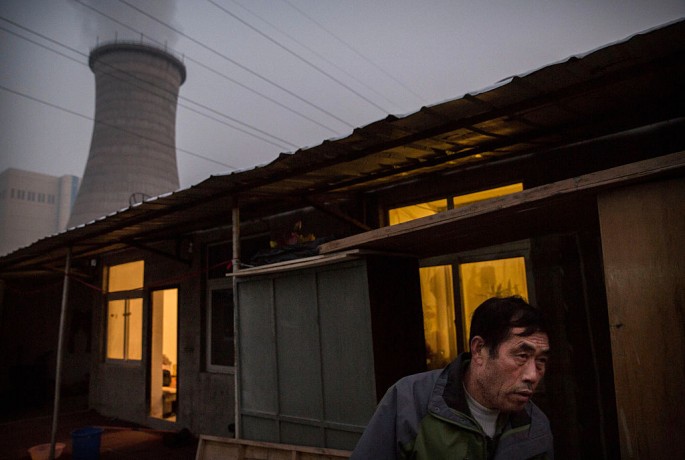China’s National Development and Reform Commission (NDRC) vowed to address migrant workers’ current residential status by implementing the reform on the long-running hukou system faster.
Migrant workers and their families may soon have full urban residential status as the NDRC takes over the process of amending the household registration system, or the so-called hukou system, China Daily reported.
According to the NDRC Chief Xu Shaoshi, they will be providing full urban registration to workers as part of their goals this year.
So far, some provinces and the Ministry of Housing and Urban-Rural Development had already made their moves prior to the central government's plan to help 100 million rural migrants settle permanently into the urban areas where their jobs are located.
This "orderly" reform was announced in February by Chinese Premier Li Keqiang through a letter he wrote during a ceremony that honors 981 migrant laborers all over the country, as reported by the Xinhua News Agency.
"The government will improve the urban residence permit system to help the integration, ensure stable employment and safeguard the rights and interests of migrant workers," Li explained.
According to Xinhua, China had recorded a total of 273.95 million migrant workers, or 20 percent of the country's total population in 2014.
Because they live in rural areas, these workers faced difficulties fitting in and settling in the cities where their jobs are located.
This, says the state-run news agency, had become "a major barrier in China's human-centered urbanization," which is why the central government pegged it as a priority project.
In fact, the country's State Council has already announced plans to grant urban residency permits to up to 100 million permanent urban residents by the end of 2020.
The hukou system, which was established half a century ago, initially featured strict separation between citizens in urban and rural areas. Their classification not only affected their social status, but also their welfare entitlements and economic rights.



























